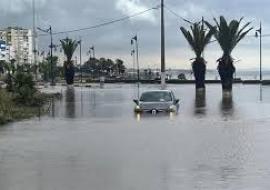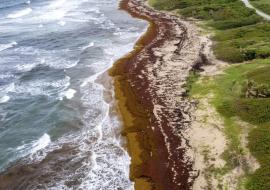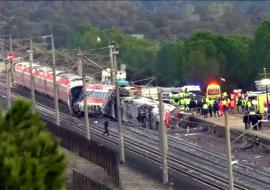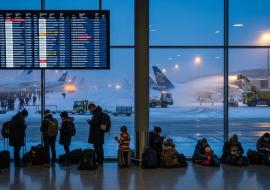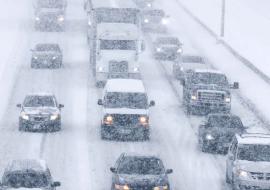Spain's Wildfires Disrupt Camino de Santiago Pilgrimage
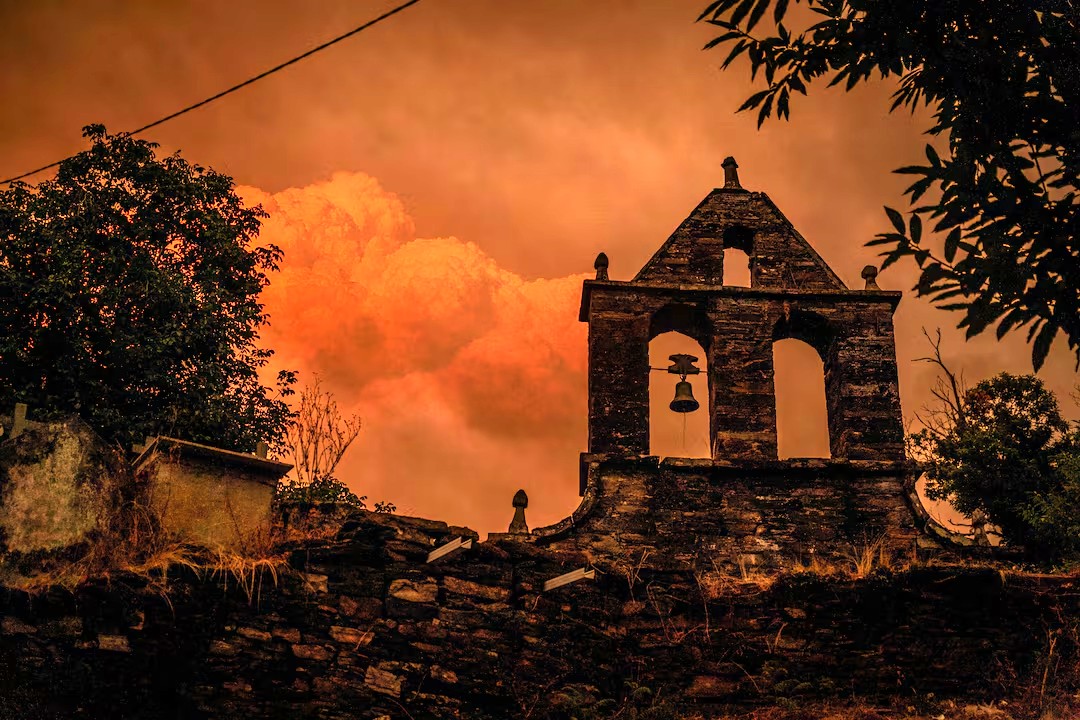
Spain is enduring its most severe wildfire outbreak in over 20 years, worsened by a 16-day heatwave with temperatures reaching 45°C (113°F). The fires have now spread to the Picos de Europa mountain range, prompting closures along the Camino de Santiago pilgrimage route, especially a 50-kilometer segment in Galicia and Castile and León.
The European Forest Fire Information System (EFFIS) reports that 344,400 hectares have burned in Spain this year—the most since records began in 2006 and over four times the long-term average. Thick smoke is hindering firefighting efforts, with 1,900 troops deployed and waterbombing operations facing difficulties.
In the past week alone, about 20 wildfires have ravaged thousands of hectares, leading to rail disruptions and loss of life, including a firefighter who died in a vehicle accident. Defence Minister Margarita Robles emphasized the role of climate change in exacerbating the fires, while Prime Minister Pedro Sánchez proposed a national climate pact, which was dismissed by the opposition.
Authorities have arrested 27 people and are investigating 92 others for suspected arson. In neighboring Portugal, wildfires have destroyed 216,200 hectares this year, also surpassing historical averages.
The closures along the Camino de Santiago have disrupted the plans of thousands of pilgrims, many of whom travel from around the world to undertake this historic journey. Alternative routes and accommodations are being arranged to accommodate the displaced travelers.
In conclusion, the ongoing wildfires in Spain underscore the urgent need for comprehensive climate action and disaster preparedness. The tourism industry, particularly in regions like Galicia and Castile and León, faces significant challenges as it navigates the impacts of these extreme events.








